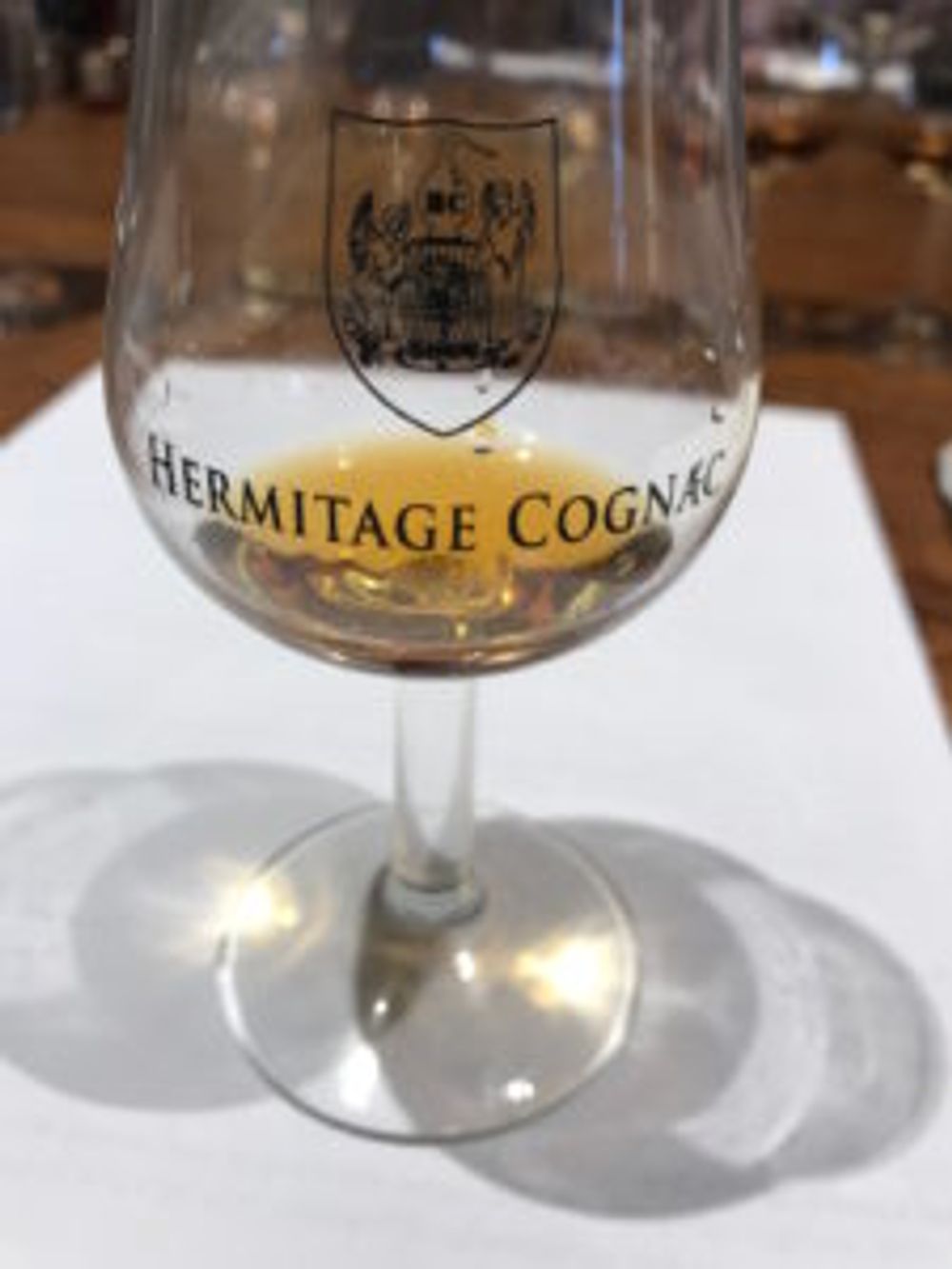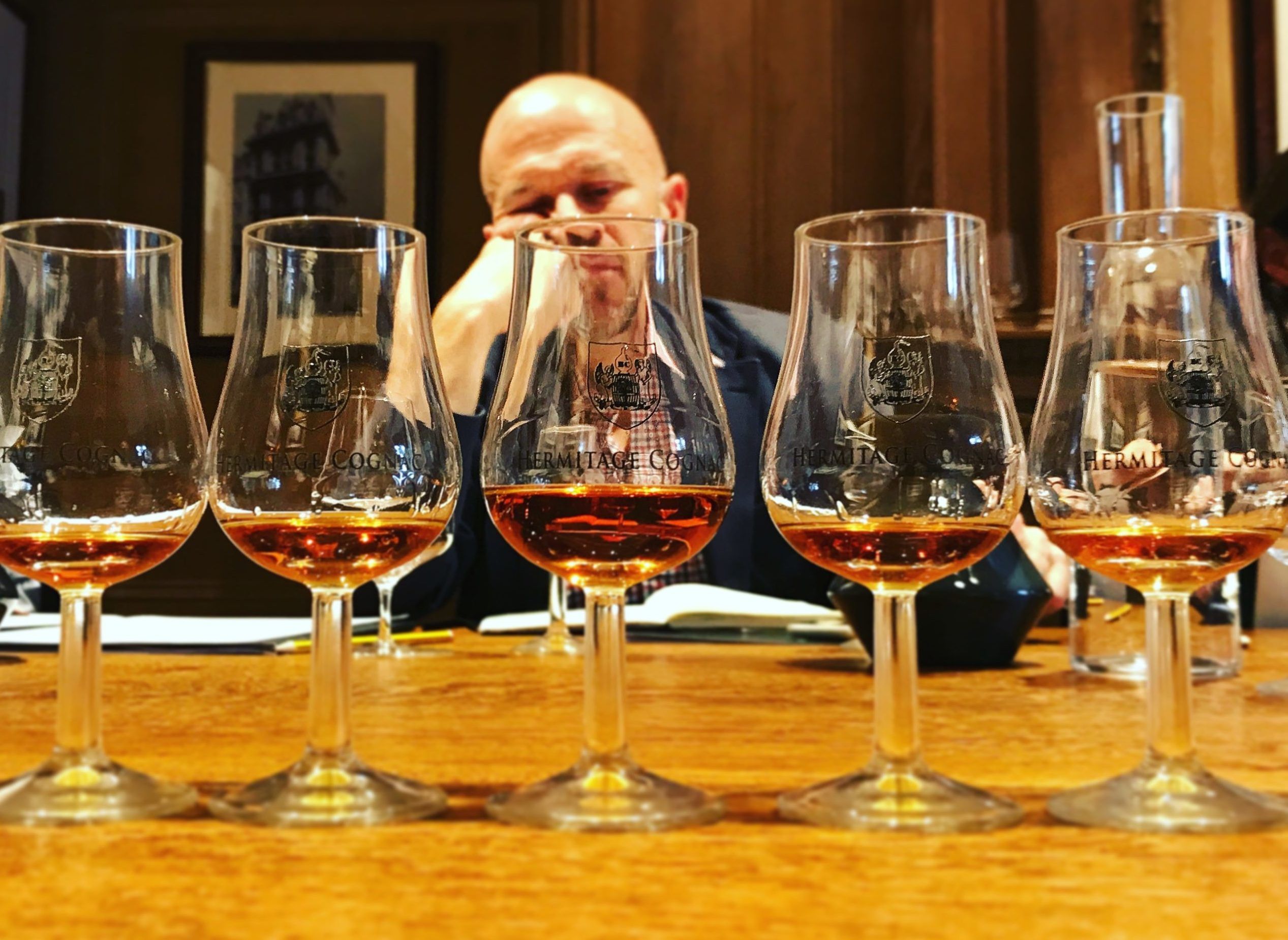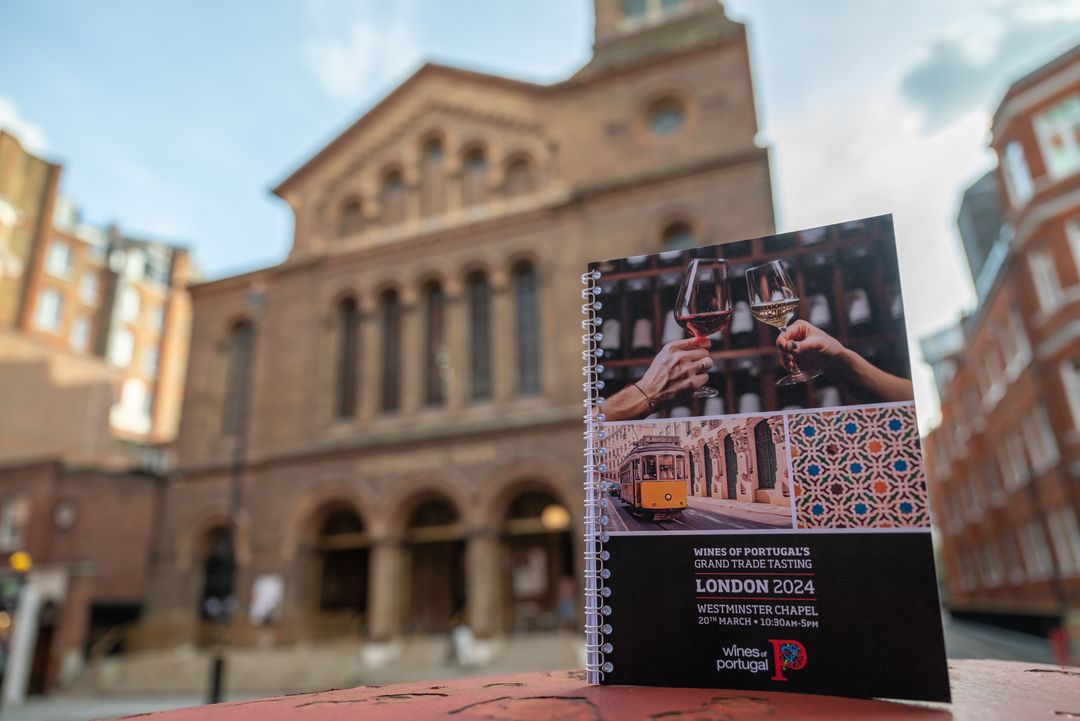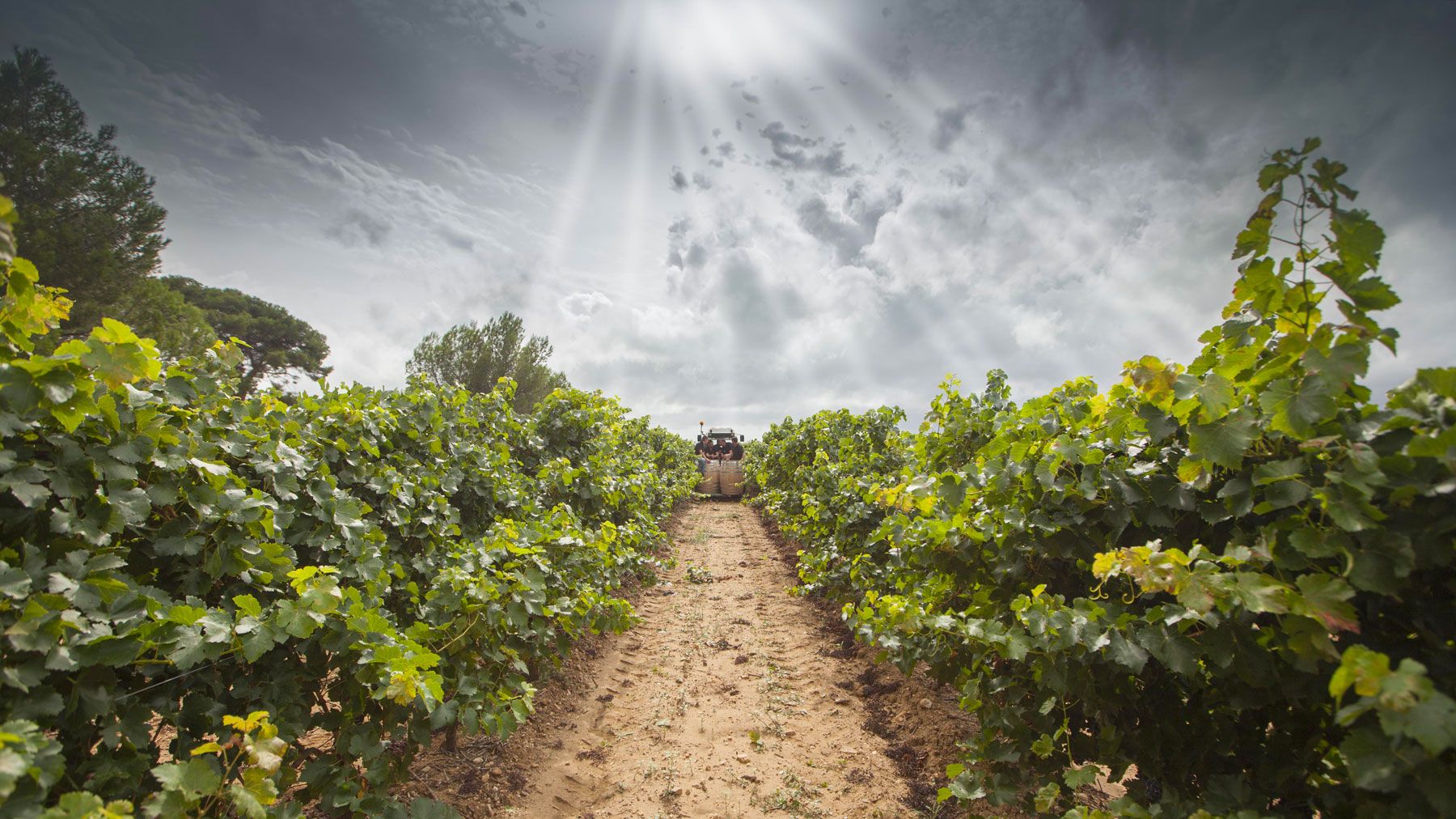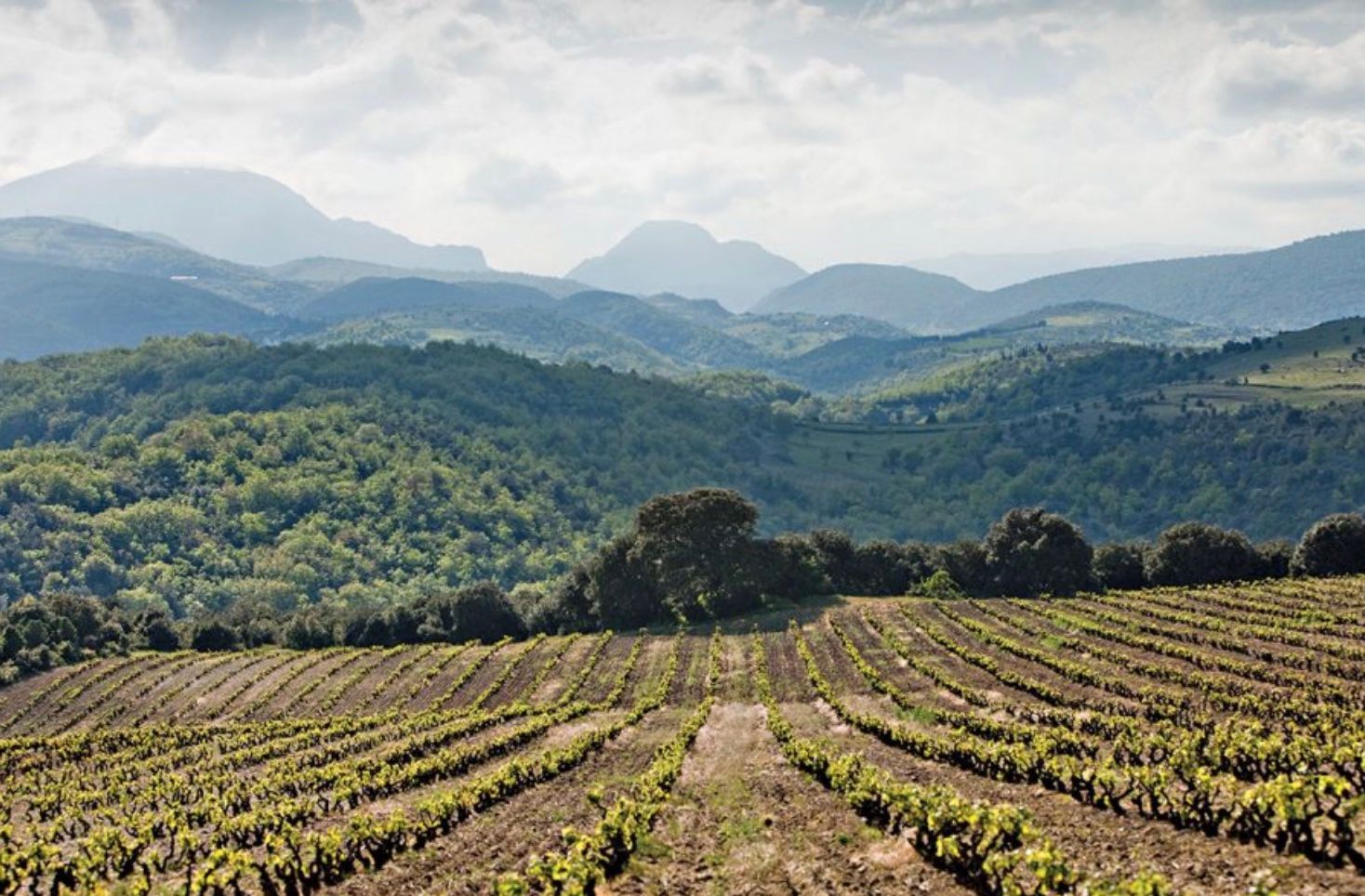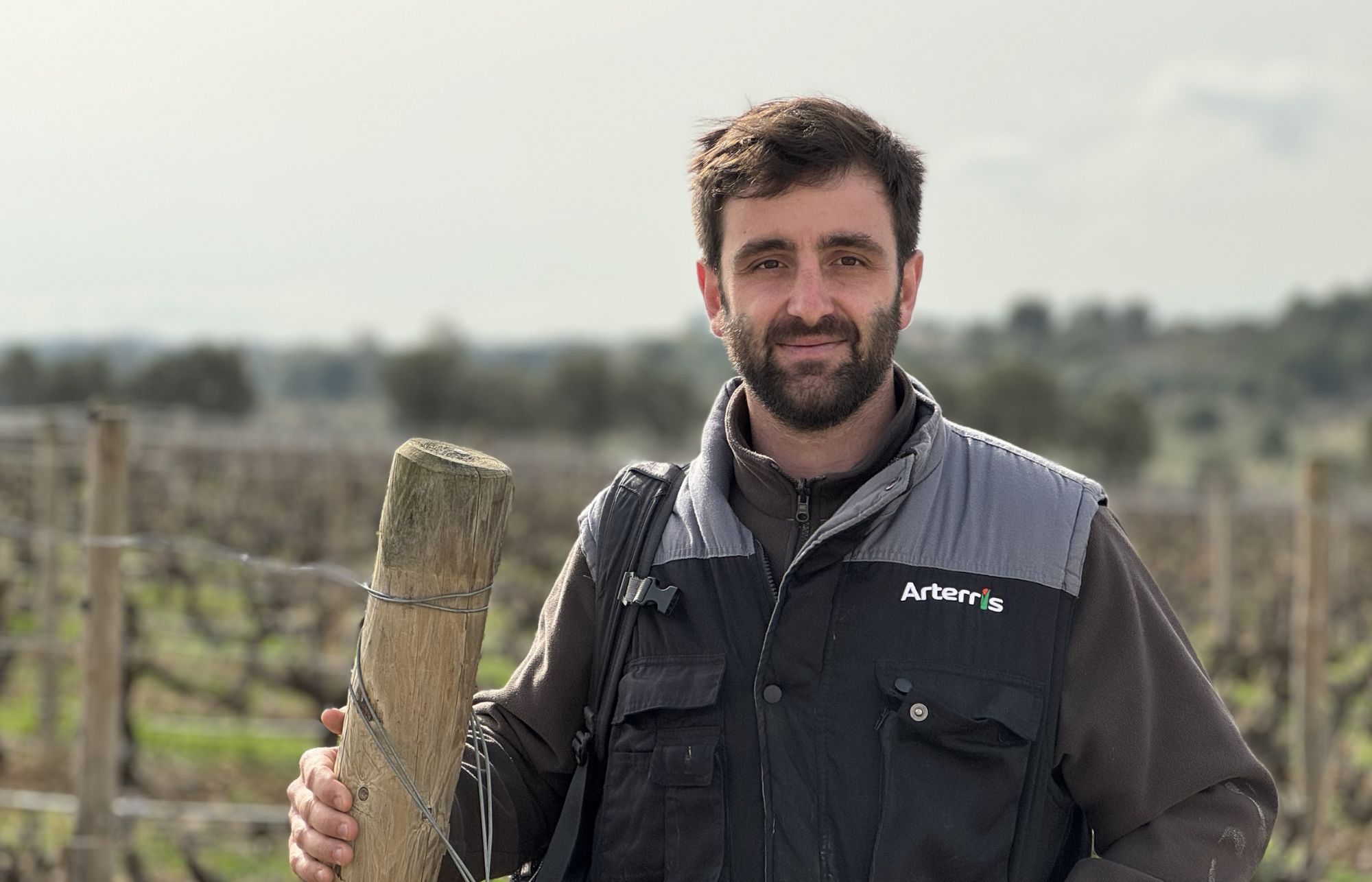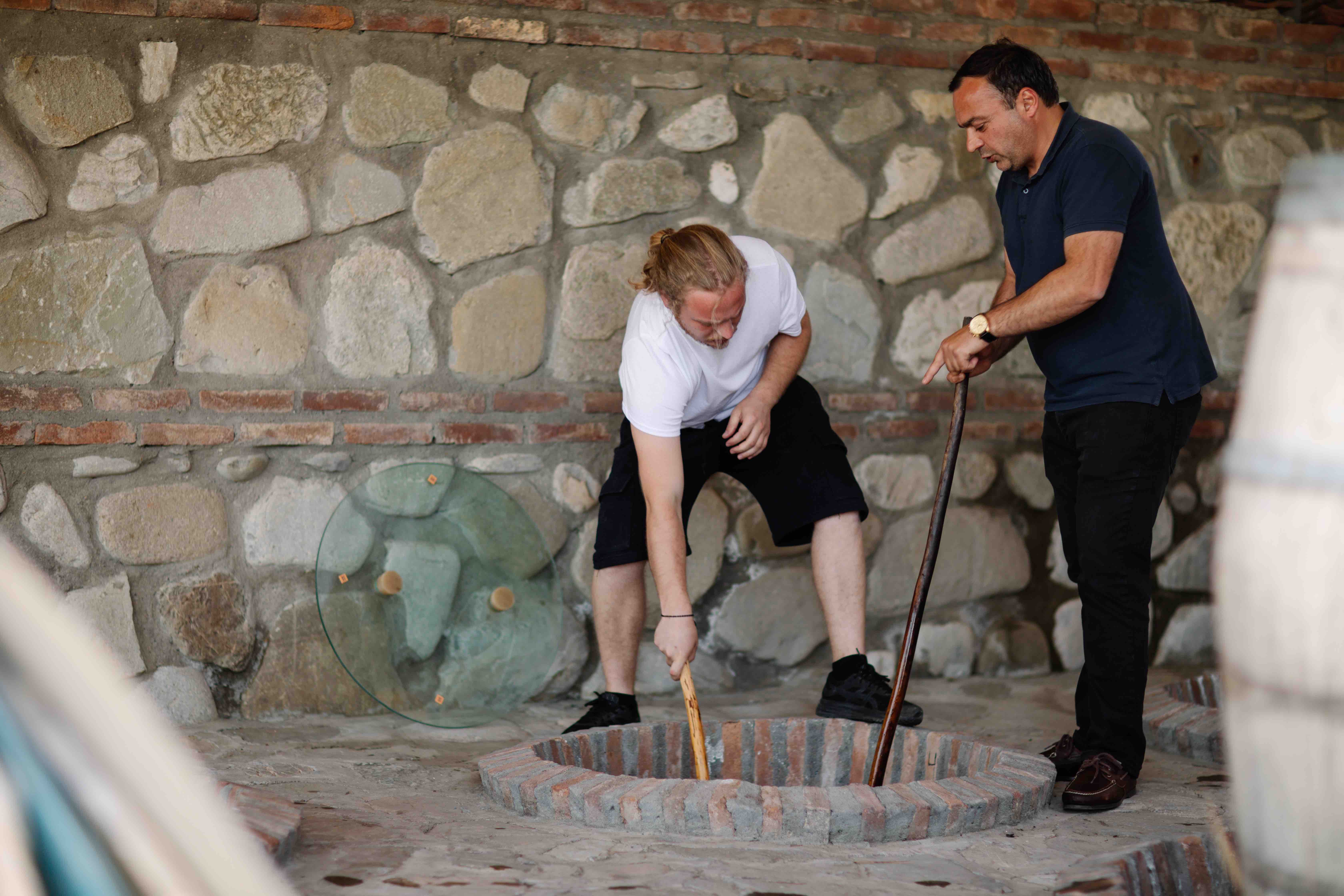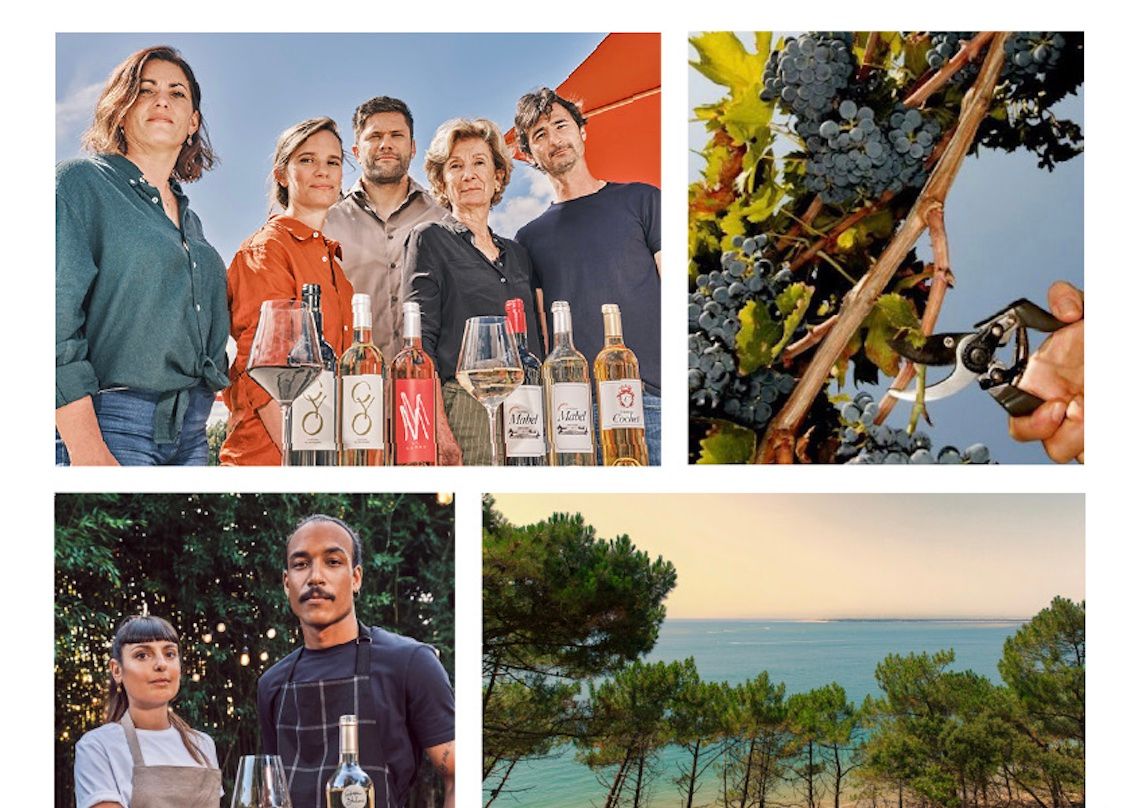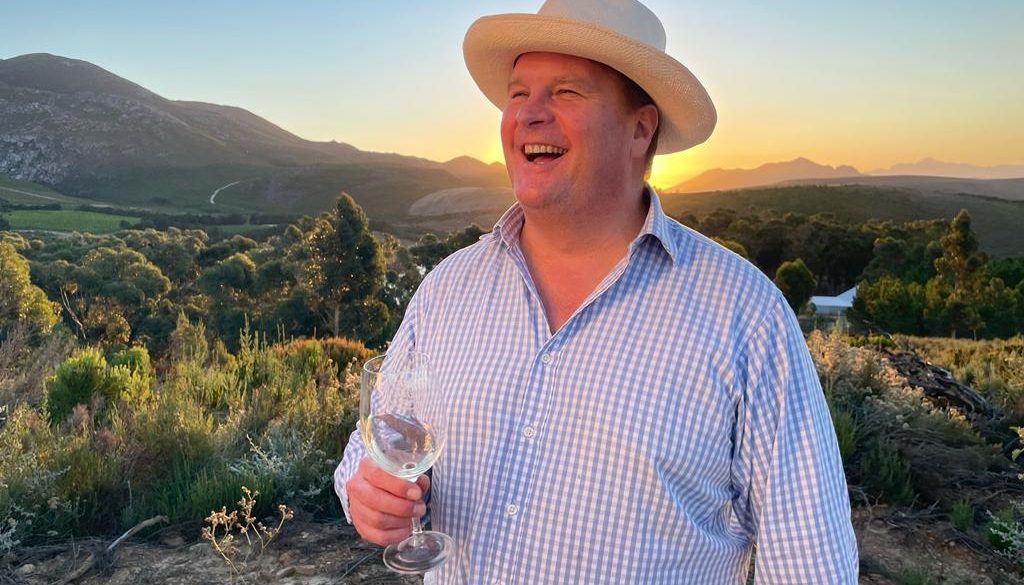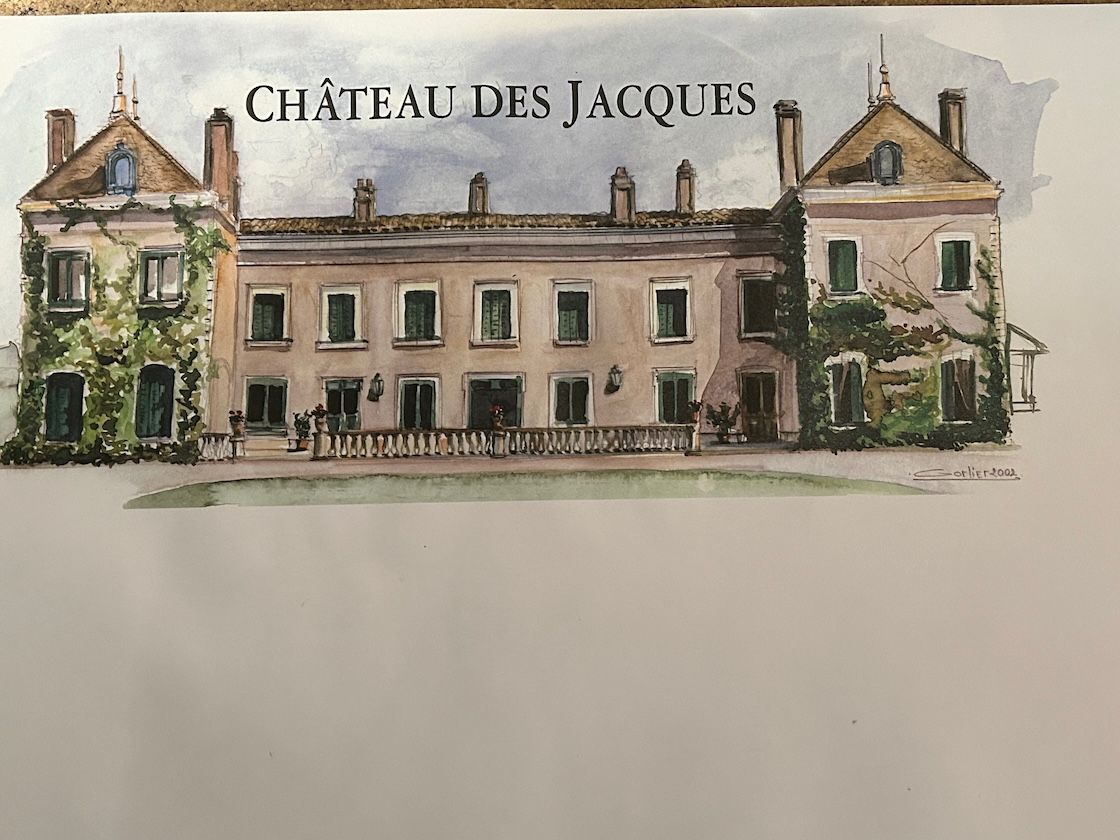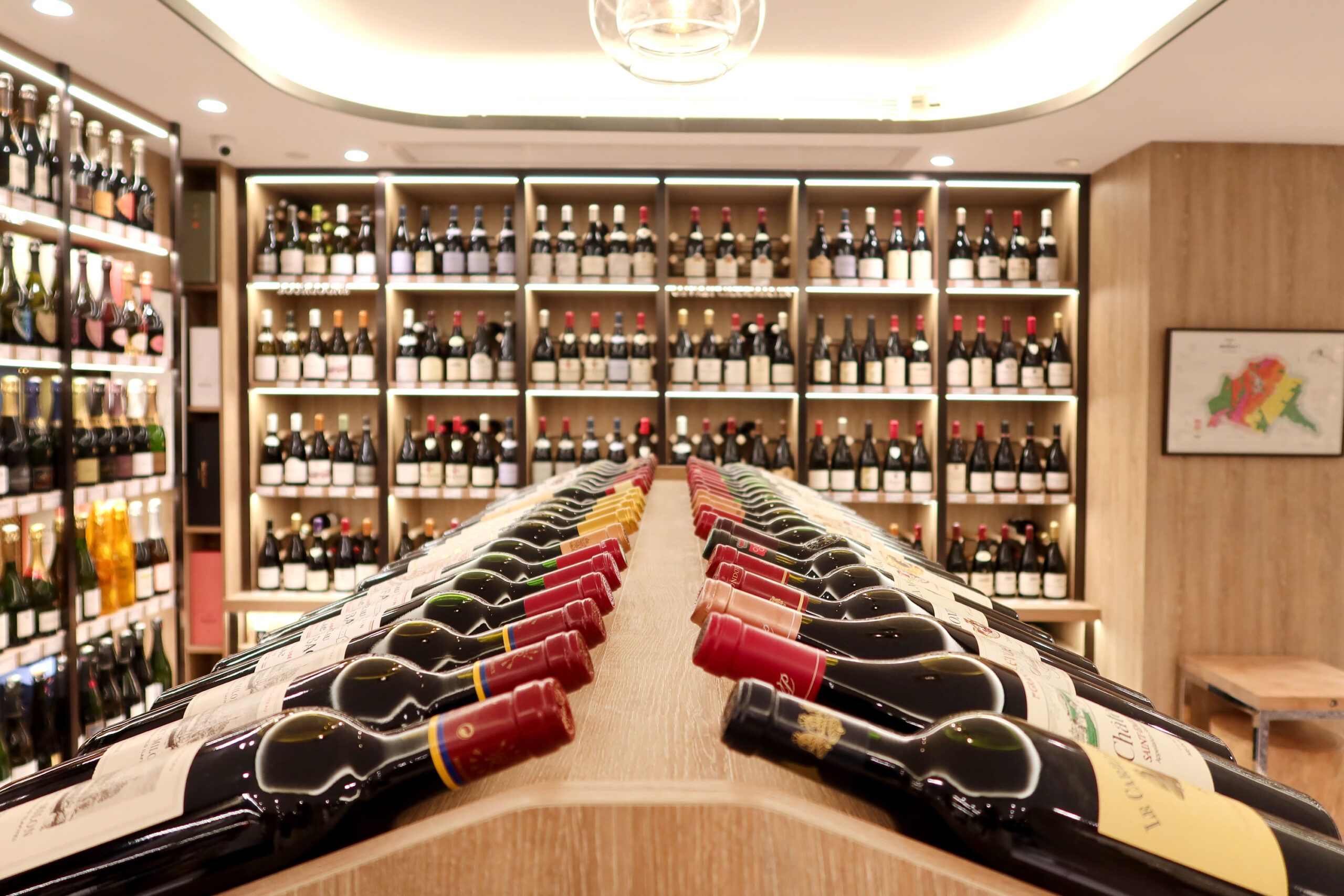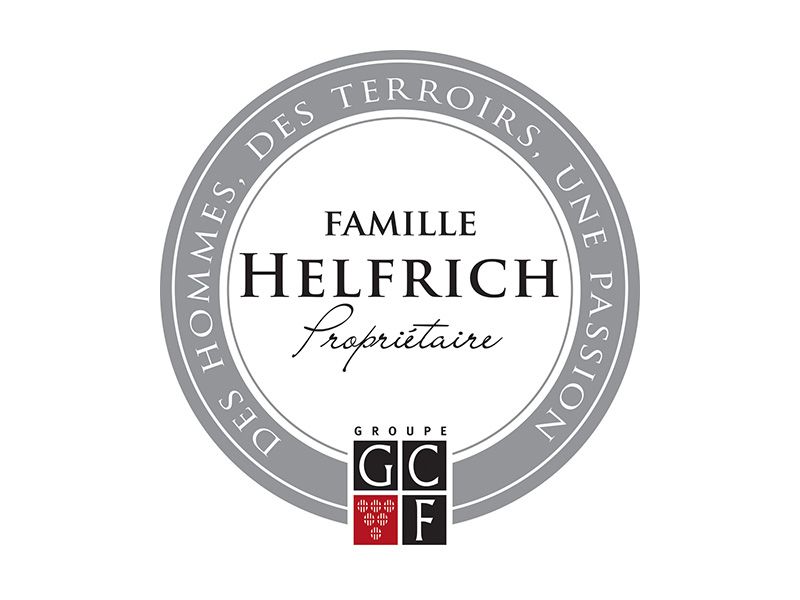Baker is clear that when judging cognac balance is critical, as a cognac that is fiery and hides its flavour with strength, will fail to allow you to judge the essential flavour and style qualities that are so important.
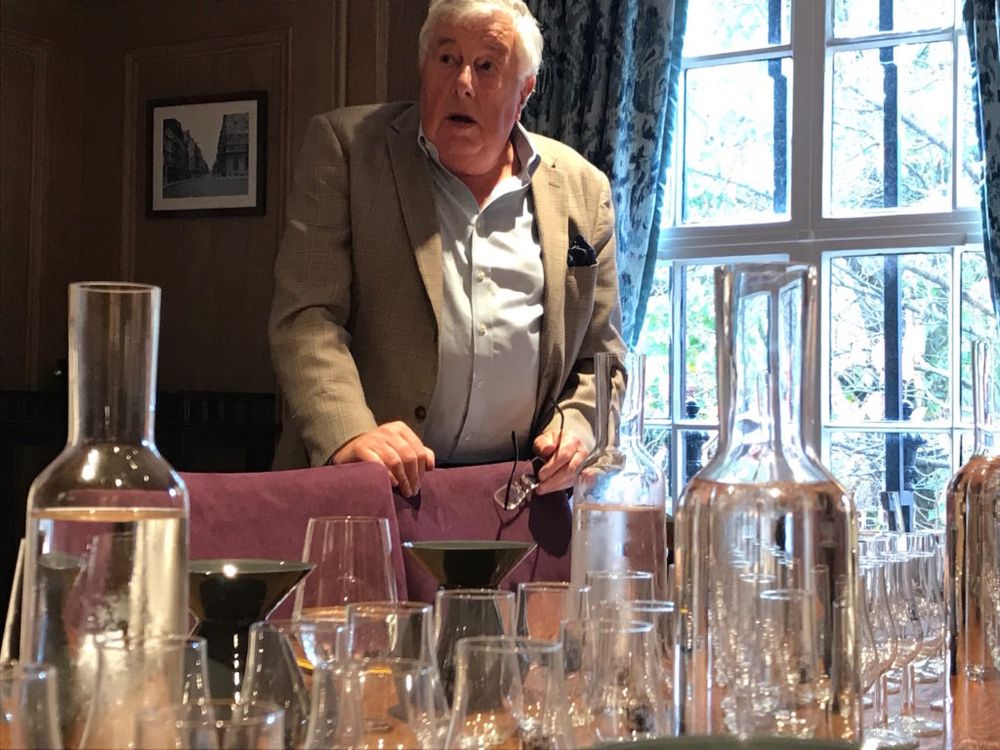
David Baker hosts a tasting of rare cognac, 67 Pall Mall, London, October 2019
“There are some highly respected spirit judges in the international circuit of spirit competitions, but for the very specific and individual cognac competitions there are few with sufficient understanding of the product to make a sound judgement on the qualities of an entry.”
“There is a fundamental difference in the making of cognac and whisky as cognacs are distilled naturally from a fermented grape juice whilst whisky is produced by a process of fermenting grain prior to distillation. The result is that a newly distilled whisky already has a distinctive and sweet flavour whilst a newly distilled cognac is largely flavourless until it has been aged in oak casks.”
“Very young cognacs, destined for the mass markets, therefore have sugar syrup added for flavour and caramel for colour. Young whiskies may not require added sugar and malt whiskies do not allow additives.”
“As cognacs and whiskies age in wood their flavours change. With cognac it is a much more gradual process taking up to 80 years, for the finest from Grande Champagne, whilst whisky is rarely aged for more than 50 years. Older cognacs are matured until they reach their optimum balance between fieriness and flavour. Many factors such as the cru, the still that is used and the barrel toasting all play a part in determining the ultimate balance. Whisky, on the other hand, is judged on its character. This includes the strength and how the taste is carried through the spirit and even the feel and texture of it on the palate.”
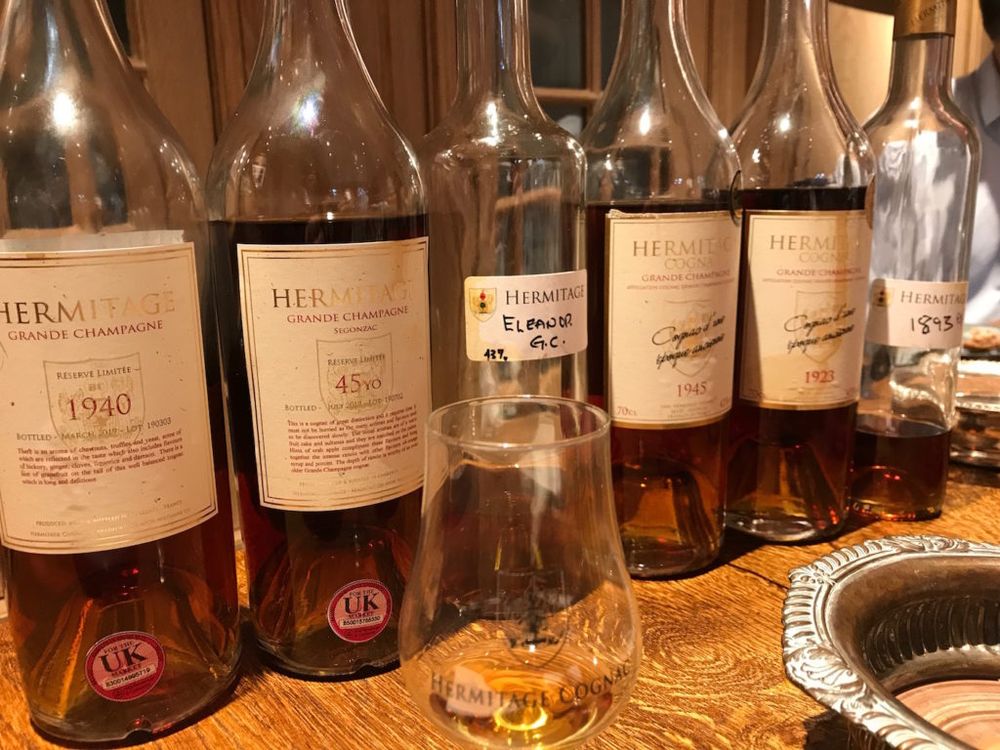
Baker believes that only one who is very experienced in tasting cognacs can be a fair judge
“Malt whisky can be more easily sold at higher strengths than cognac as its character will hide the strength. The aggressiveness of cognac will only reduce naturally with age, or by alcohol reduction, therefore it is rarely sold at over 50% abv. The rules for producing cognac are strict, it can only be aged in Tronçais or Limousin oak, whereas whisky can be ‘finished’ in barrels that previously contained another alcoholic drink.”
“There are many cognac producers who have, over generations, honed their own styles. This does not, however, give them enough breadth of experience to be fair judges of cognacs from different producers with vastly differing styles. Finding someone who meets the requirement is not easy. Negoçiants, who buy and sell cognacs from a variety of producers, are perhaps best placed to provide the expert judging that cognac competitions are currently sorely missing.”
Hermitage Cognacs has a strong record in leading cognac competitions. Many of its vintage cognacs have won Gold medals at the Spirits Business Cognac Masters and the IWSC (International Wine and Spirits Challenge), and Marie Louise, one of the finest cognacs they have ever offered, was the ‘Best in Show’ at the Cognac Masters 2018.
